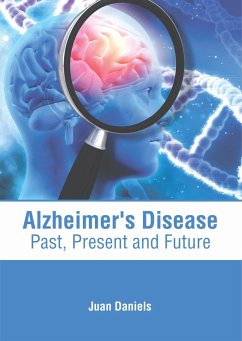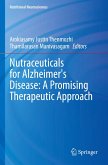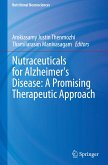Alzheimer's disease (AD) is a chronic neurodegenerative disease, characterized by a gradual progression from short-term memory loss, disorientation, problems with language and mood swings to gradual loss of bodily function and death. AD is the cause of around 60-70% of all cases of dementia. In AD, there is a loss of neurons and synapses, in the cerebral cortex and in specific subcortical regions. This leads to neurodegeneration in the temporal and parietal lobe. It can be diagnosed on the basis of a person's medical history and review of neurological and neuropsychological symptoms. However, medical imaging can also be used to rule out other cerebral pathologies. The therapeutic approaches to the management of Alzheimer's disease are palliative in nature. Stimulation-oriented treatments such as pet, art and music therapies work to improve mood and behavior. A number of research directions have emerged over the years related to improved techniques for early diagnosis and drugs that target the underlying disease pathology. The effect of meditation for memory and cognitive function retrieval is also being studied. This book contains some path-breaking studies in Alzheimer's disease. It consists of contributions made by international experts. It is meant for students who are looking for an elaborate reference text on the traditional, current and potential approaches in the management of Alzheimer's disease.
Bitte wählen Sie Ihr Anliegen aus.
Rechnungen
Retourenschein anfordern
Bestellstatus
Storno






